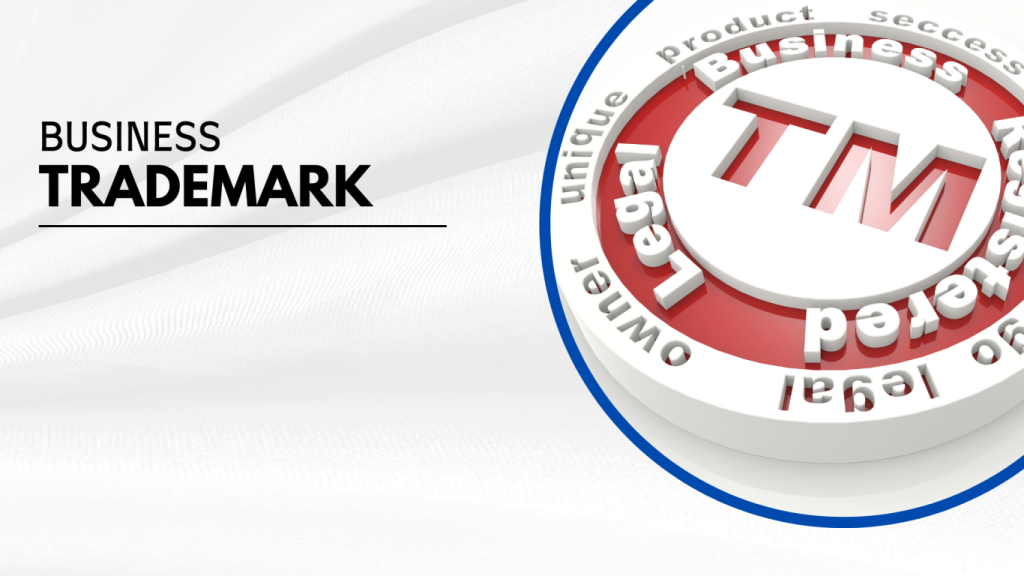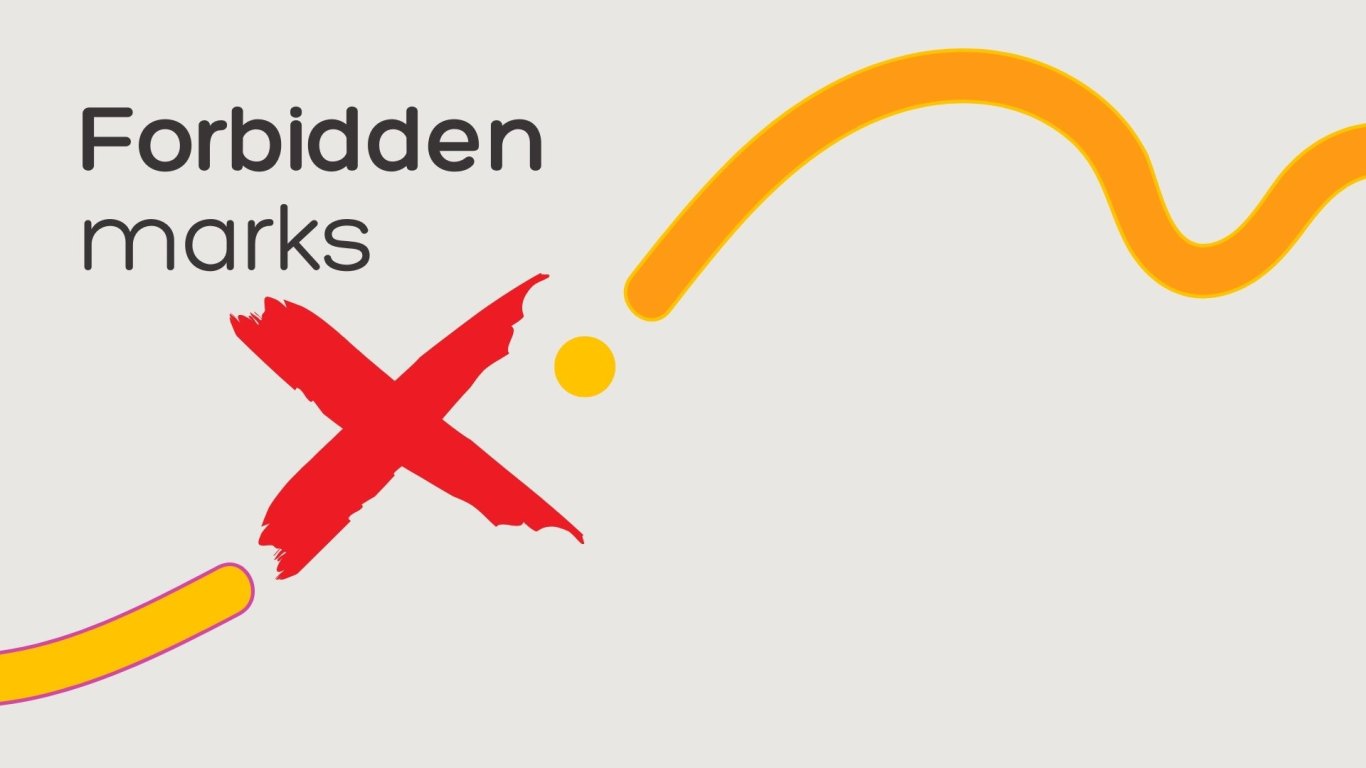Understanding what cannot be protected as a trademark in France is essential for businesses and individuals aiming to register their brand with the Institut National de la Propriété Industrielle (INPI). French law defines specific guidelines for what qualifies as a trademark, ensuring that only distinctive, lawful, and non-deceptive marks gain protection.

However, many elements and types of marks are excluded from protection, either due to their lack of distinctiveness or their potential to mislead consumers. This article discusses the characteristics and categories of marks that cannot be protected in France, helping applicants better understand what can be protected as a trademark in France and avoid common registration pitfalls.
What Can Be Protected as a Trademark in France?
Contact ASL for Filing Trademark in France:
Email: [email protected]
WhatsApp/WeChat: (+65) 8749 6692
Before delving into what cannot be protected as a trademark in France, it’s useful to understand what can be. French law allows protection for distinctive signs capable of graphical representation, including names, logos, slogans, colors, shapes, and sounds. These elements must clearly distinguish the goods or services of one business from those of another, serving as a unique identifier in the marketplace.
However, the mark must meet stringent requirements to qualify for protection for trademark in France, ensuring that it adds value without misleading consumers. Non-compliance with these requirements leads to refusal by the INPI, leaving the applicant without trademark protection.
What Cannot Be Protected as a Trademark in France?
There are several trademarks that cannot be protected in France due to legal, ethical, or public interest concerns. Here’s a breakdown of the main categories that are excluded from trademark protection:
- Descriptive or Generic Terms: Descriptive terms that directly reference the nature, quality, or purpose of the goods or services are among marks that cannot be protected in France. For example, using “fresh” for a brand of water would likely be refused because it simply describes an attribute of the product, rather than creating a unique identifier.
- Misleading or Deceptive Marks: Trademarks that mislead consumers about the origin, nature, or quality of the goods/services are also marks that cannot be protected in France. For instance, using “Bio” for a product that does not meet organic standards would be considered misleading, as it implies qualities that do not exist.
- Common Symbols and Public Domain Content: Elements that are common symbols, like national flags or universally recognized signs, are also among what cannot be protected as a trademark in France. These symbols belong to the public domain and cannot be monopolized by private entities.
- Offensive or Immoral Content: French trademark law prohibits the registering trademark in France containing offensive or immoral language, as they do not align with public policy standards. Trademarks with derogatory or insensitive language are among trademarks that cannot be protected in France.
- Marks with Limited Distinctiveness: Trademarks that are not distinctive enough to set one product or service apart from another cannot be registered. For instance, single colors without distinctive combinations or simple geometric shapes typically fall under what cannot be protected as a trademark in France, as they lack a unique identifying quality.
- Geographic Names: Generally, geographic names that indicate a location (like “Paris” or “Champagne”) are excluded from protection as they are often seen as too general to create a distinct brand association. Such names are among marks that cannot be protected in France unless they acquire a unique secondary meaning that identifies the brand specifically with a single entity over time.
Why Certain Marks Cannot Be Protected in France
Contact ASL for Filing Trademark in France:
Email: [email protected]
WhatsApp/WeChat: (+65) 8749 6692
The guidelines defining what cannot be protected as a trademark in France are intended to prevent confusion and protect consumers. By restricting certain elements from trademark protection, French law ensures that trademarks genuinely distinguish one brand from another and do not monopolize generic or descriptive terms. Additionally, by excluding misleading or offensive marks, the French legal system promotes an ethical marketplace that respects both consumer trust and public interest.
Examples of Trademarks That Cannot Be Protected in France

To provide a better understanding of what cannot be protected as a trademark in France, here are some examples:
- A logo that includes a national flag, which cannot be monopolized by a single entity.
- A term like “Eco-Friendly” for general cleaning products, as it describes an environmental benefit rather than distinguishing the brand.
- A brand name with vulgar language, as it is against French public policy standards.
Key Takeaways
Understanding what can be protected as a trademark in France versus what cannot be protected as a trademark in France is essential for applicants to ensure their procedure of trademark application in France meet INPI’s standards. By avoiding generic terms, ensuring distinctiveness, and refraining from misleading content, applicants can increase their chances of securing trademark protection. Moreover, following these guidelines supports the broader goals of trademark law in France: safeguarding consumer trust and maintaining fair competition in the marketplace.
Contact ASL for Filing Trademark in France:
Email: [email protected]
WhatsApp/WeChat: (+65) 8749 6692
*** After more than 10 years of operation, ASL has been ranked as the top-tier IP Firm for years by Legal500, AsiaLaw, and WTR. We have been well known for OneTouch of IP protection in more than 27 countries with Budget savings from 15-35%. The more clients file trademark, patent, and industrial designs through ASL, the more savings our clients receive.

